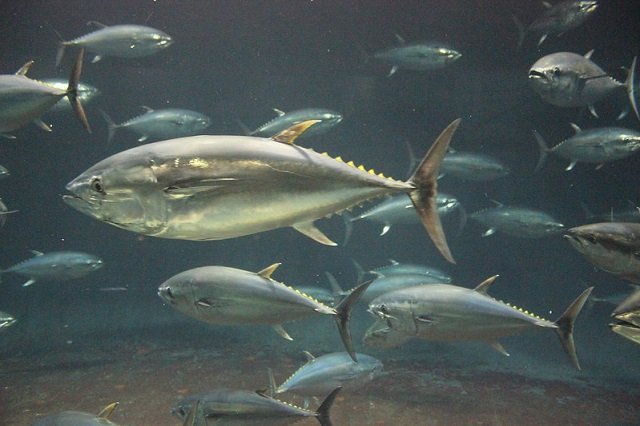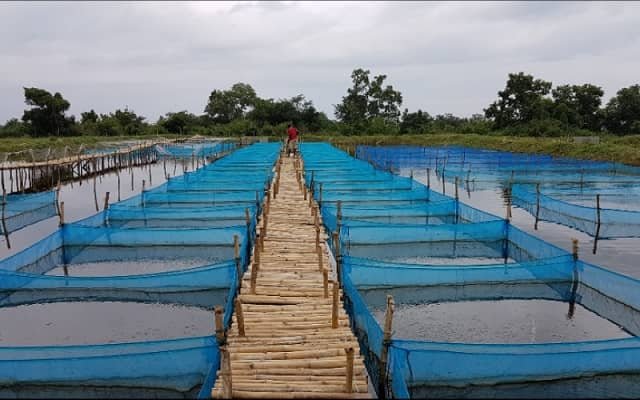Duran, Ecuador.- Skretting Ecuador has a long-term commitment to enabling the country’s shrimp industry to sustainably increase its production while also reducing its exposure to risk. To empower farmers and reduce farming costs, Skretting Ecuador has launched Skretting 360+, a concept proven to significantly boost farm profitability.
Skretting 360+ is a complete package of precision-based innovative tools, incorporating precision nutrition, farm management practices and proactive technical support, all delivered via the already successful Skretting AquaSim app.
Skretting 360+ provides a complete overview of the business, with full control of the total cycle. The development process began 20 years ago, when Skretting generated growth models for salmon and other fish species – the original AquaSim. Over the past 5 years, Skretting has been developing the concept for shrimp based on research, experimentation and validation.
Skretting Aquaculture Research Centre (ARC) has a dedicated team of shrimp researchers, centrally located in Norway. Research trials have been carried out at the Skretting ARC Hezhoubei Research Station in China, with validation trials at the Skretting Validation Station in Ecuador. On-farm validation under different conditions and challenges has taken place in Ecuador and Vietnam.
Skretting 360+ allows the farmer to hold the whole farm in their hand. It has the capability to benchmark the performance of each cycle and manage feed and harvest predictions customised to every pond. The collection of essential real-time data enables teams to take proactive and preventative action to help customers get the maximum value from their farm in a sustainable and cost effective way.
“We can’t do this without the commitment from our customers,” says Carlos Miranda, Managing Director Skretting Latin America. “The future is in our hands and the opportunity is now.”
Editor at the digital magazine AquaHoy. He holds a degree in Aquaculture Biology from the National University of Santa (UNS) and a Master’s degree in Science and Innovation Management from the Polytechnic University of Valencia, with postgraduate diplomas in Business Innovation and Innovation Management. He possesses extensive experience in the aquaculture and fisheries sector, having led the Fisheries Innovation Unit of the National Program for Innovation in Fisheries and Aquaculture (PNIPA). He has served as a senior consultant in technology watch, an innovation project formulator and advisor, and a lecturer at UNS. He is a member of the Peruvian College of Biologists and was recognized by the World Aquaculture Society (WAS) in 2016 for his contribution to aquaculture.







